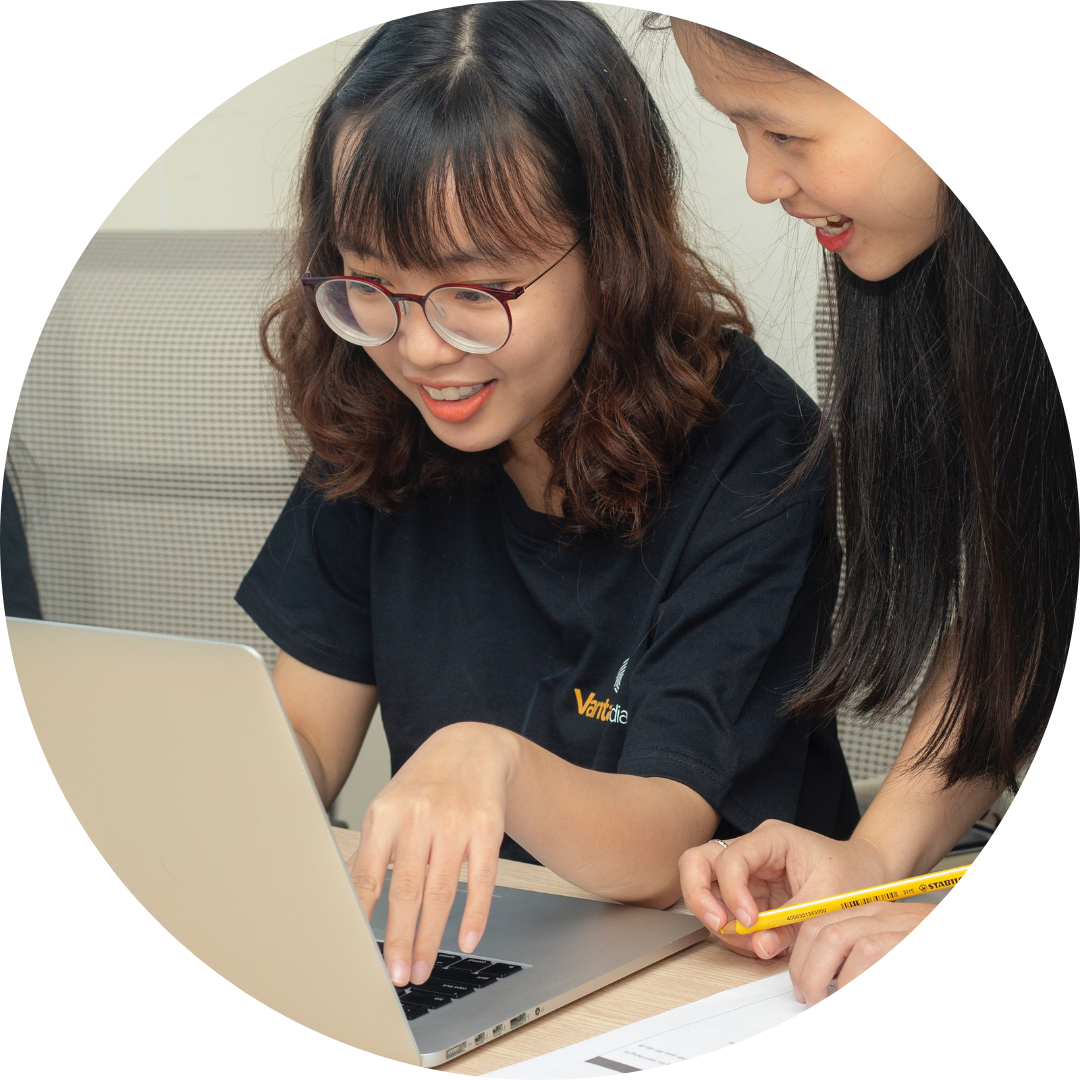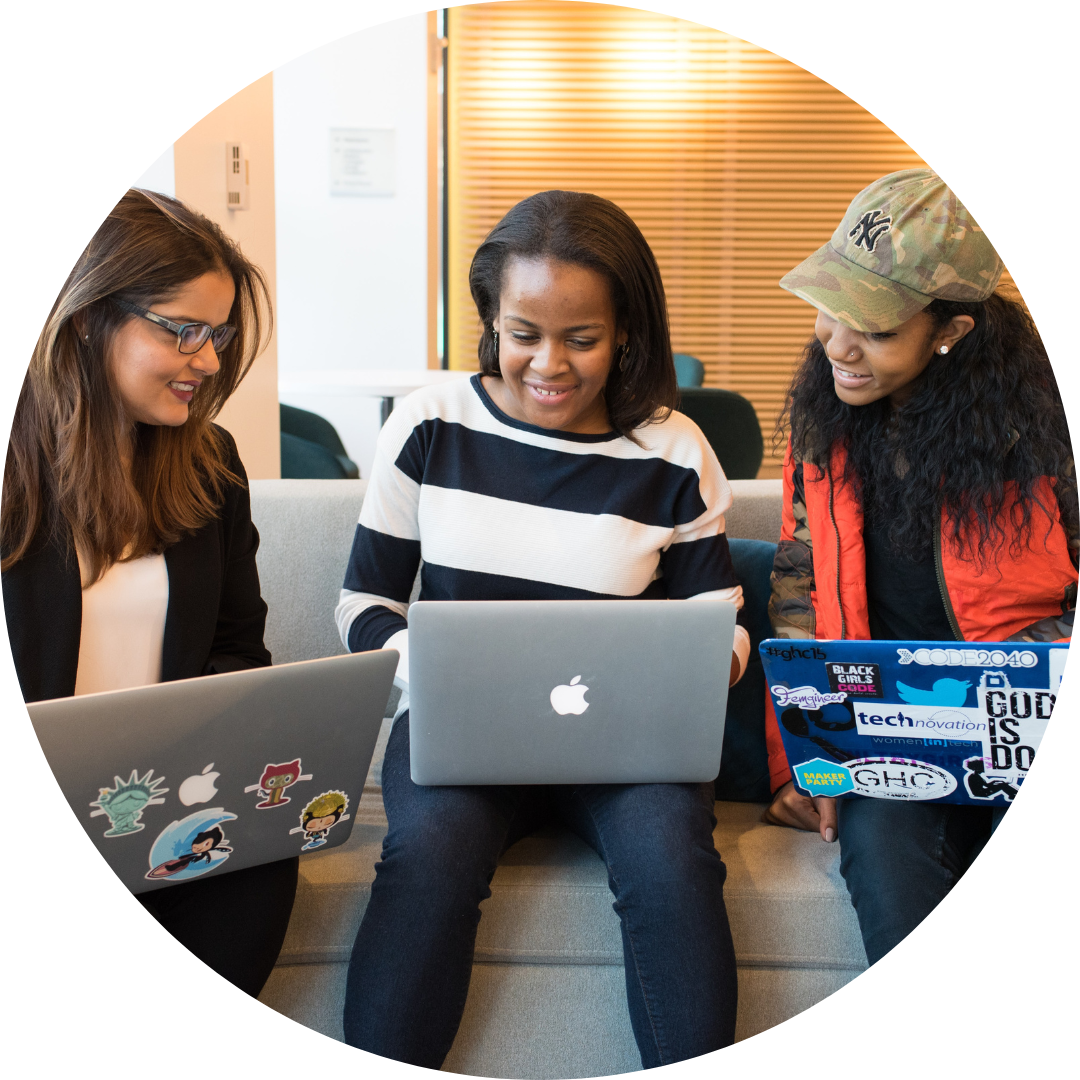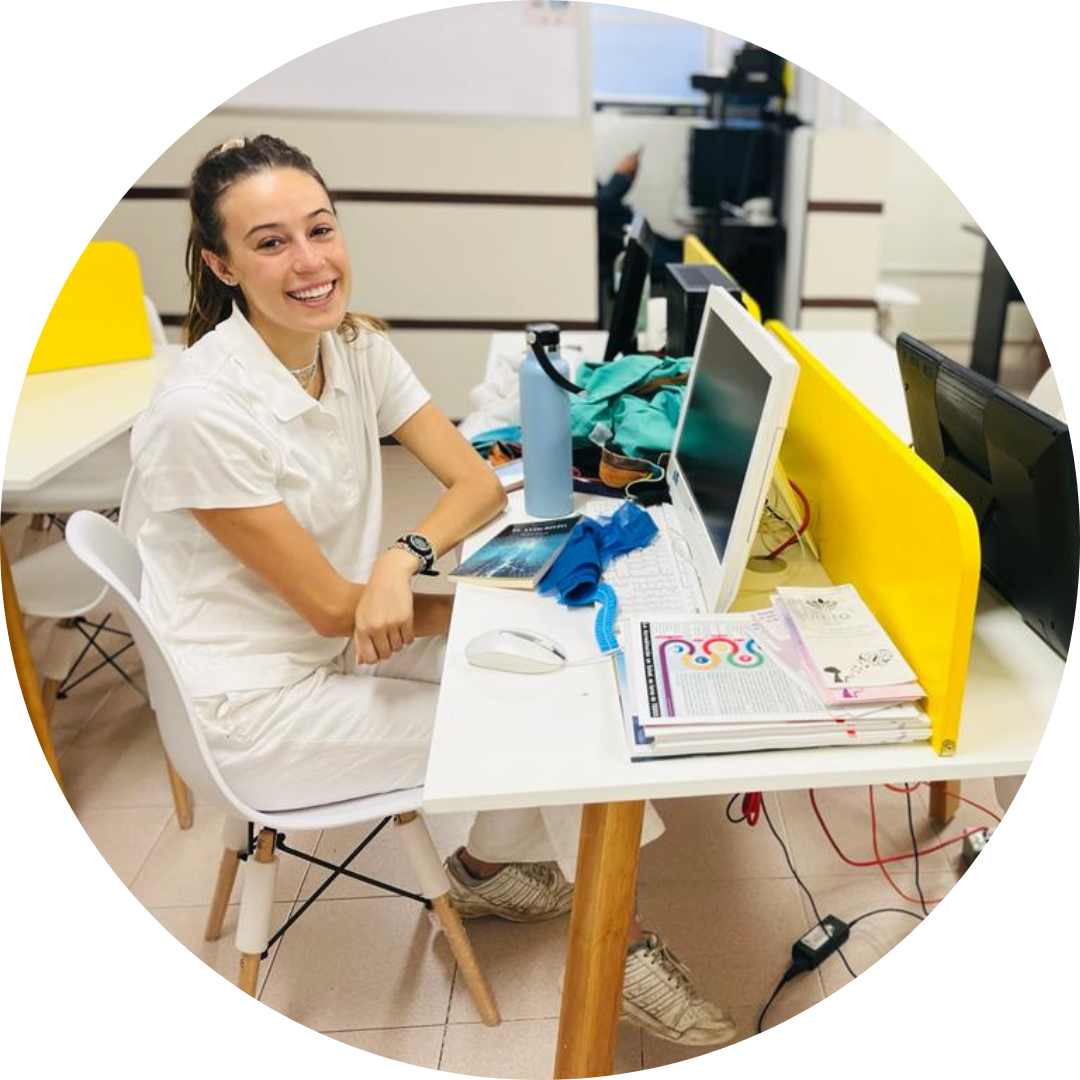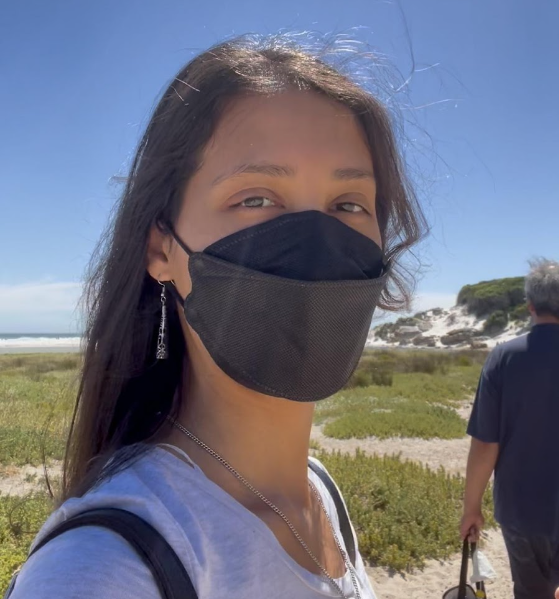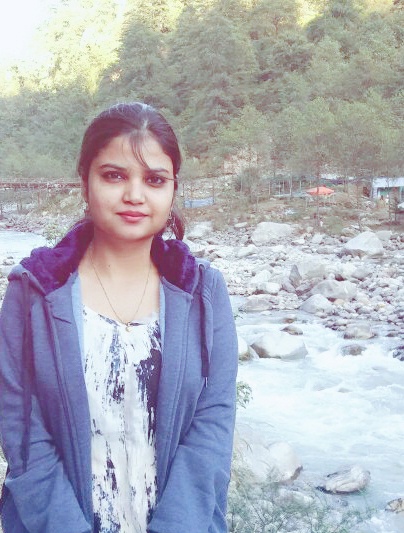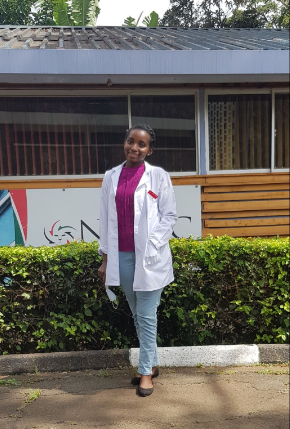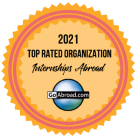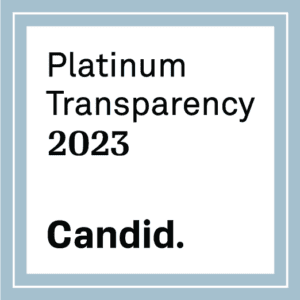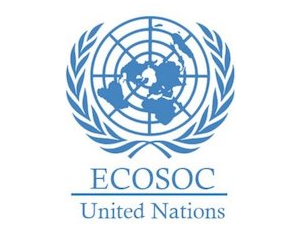- Home
- All programs
- Virtual Global Health Elective
Virtual Global Health Elective
Program overview
The CFHI Virtual Global Health elective offers inter-professional trainees a unique opportunity to build key Global Health competencies. Students will explore global and public health issues broadly, highlighting how health systems around the world deliver healthcare in a variety of environments, while examining cultural interplays, developing agility for making healthcare decisions in diverse settings, and expanding self-awareness.
Participants will learn how communities are addressing pressing health challenges, including chronic disease, maternal-child health, infectious disease, and reproductive health, all while gaining insights into the public health realities internationally, reverse innovation, and interplays of international development and health. They will face the novel concept of planetary health, its scientific and ethical basis, and its foundational principles and frameworks. Tangible skill development includes critical reflection, cross-cultural effectiveness & adaptability, and health systems comparatives.
This elective is intended to be a full-time, 4-week commitment. The elective contains live sessions with peers and international faculty members and self-paced readings, assignments and group work. Participants will produce a final e-portfolio compiling all completed assignments, serving as a key component for successful elective completion.
Full scholarships are available for LMIC students., more information here.
About this program
This elective is built for senior/advanced health professions trainees including 3rd/4th year medical students, residents, physician assistant trainees, NPs, pharmacy final year students, and other advanced health professions trainees.
- Competency-informed readings and content
- Global health hub– weekly seminars and roundtables
- CFHI’s Pillars in Global Health modular course:
- What is Global Health
- Planetary and One Health
- Global Health Ethics
- Social Determinants of Health
- Diversity, Equity, and Health Disparities
- Cross-Cultural Effectiveness and Adaptability (Includes free embedded access to the Globesmart tool by Aperian and the Intercultural Effectiveness Scale by the Kozai Group)
- Global Burden of Disease
- Training module: Self Care & Wellness for virtual programs
- Training Module: Professionalism & Global Health Ethics
- Facilitated group reflection sessions
- Access to the CFHI Global Health Professional Development Hub events and materials
- Support from CFHI’s Virtual Programs Coordinator
- Access to the local Classroom, depository of program support links, reading materials, presentations, and recordings of the virtual sessions
- Orientation, mid-term follow up, and end-of-program meetings with the Virtual Programs Coordinator
Full scholarships are available for LMIC students., more information here. Feel free to contact [email protected] if you have any questions.
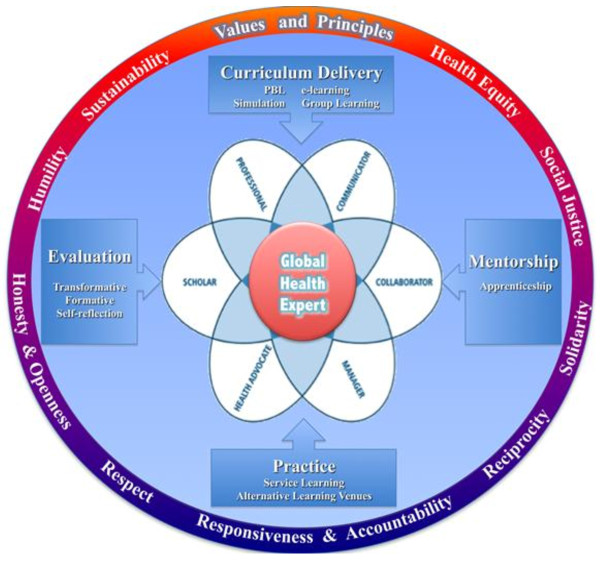
CFHI Virtual Global Health Electives have the following learning objectives and competency development goals:
- With respect to patients and populations, articulate the relationship between health and the social determinants of health.
- Demonstrate an understanding of cultural and ethical issues in working with and learning within the context of underserved populations.
- Demonstrate an understanding of barriers to health, as well as healthcare delivery strategies and systems in low-resource settings, and how these influence access to care.
- Demonstrate a commitment to professional behavior in cross-cultural settings and a respect for differences in knowledge, practices, and culture.
- Identify the major causes of morbidity and mortality affecting global populations and health disparities between populations.
- Utilizing validated tools assess, reflect on, and develop in quantifiable terms multiple dimensions of intercultural effectiveness.
The above framework was developed for post-graduate medical education, however it encapsulates the educational approach required for advanced undergraduate medical education. Utilizing this model, CFHI Virtual Global Health Electives blend multiple education modalities embedded in an ethically-informed approach to pedagogy and practice.
The Virtual Global Health Elective course is taught to only fifteen students at a time. The program schedule requires students to commit to approximately 10-hours of synchronous work per week to attend lectures, seminars and office hours, plus additional time to work independently or in small groups on tasks and duties assigned by the teaching faculty. The Elective is taught in 4-week sessions at different times of the year. Alternate start dates are not available for the elective.
By the end of the Elective, students will have created an E-portfolio, a compilation of assignments, learning and perspectives acquired. We encourage the inclusion of written and creative multimedia reflections. The E-portfolio serves as one of the primary tools for evaluating your performance in this class, in addition to attendance, engagement and participation during the live sessions.
What type of student is eligible to take the Virtual Global Health Elective?
Advanced clinical health professions trainees including final-year medical, nurse practitioner, dental, physician assistant, pharmacy, allied health students and residents/fellows.
What topics are covered in the elective?
The elective curriculum develops competency in pillars of global health, ethics, planetary health, intersectoral global health and health systems comparatives. To learn more, please read the full course description above.
How many hours per week do the faculty teach online (live) classes?
Live class sessions are between 10-12 hours per week, generally in the mornings (U.S. Eastern time), with a few afternoon sessions. Students are expected to attend to all live sessions. However, a student is unable to attend a class, they are expected to watch a recording of the missed session.
Who are the teaching faculty?
CFHI draws from its global team who are healthcare professionals, NGO leaders, faculty members and individuals deeply committed to their communities and imparting their global health-focused work. To review faculty bios, click on the Faculty & Facilitators information below.
What is the cost of the course?
For students located in high-income countries, the tuition is $495. For students located in low and middle-income countries (LMICs), the tuition is $250. Full tuition scholarships are also available.
Where do I apply for the elective? Is there an application deadline?
To submit an application, click on the “Apply Now” button at the top of your screen and follow the prompts. Application deadline for the March 2026 cycle is February 1st, 2026.
If I have further questions, who do I contact?
Sarah Olson, CFHI Programs Assistant
Faculty & Facilitators

Dr. Charles Chineme Nwobu- Virtual Elective Faculty
Dr. Charles Chineme Nwobu is a Public Health Physician whose work spans Maternal, Adolescent, Reproductive, Sexual and Child Health, in addition to disability rights advocacy, education and development in communities. He leads the Global Health Projects Committee of the Princess Marie Louise Children’s Hospital. He is the Director of the project known as “Rehabilitating Children With Disabilities In Accra: Community Engagement And Sensitisation and the DFSexEdS4WGDs Project (Disability-Friendly Sexual, Reproductive Health and Rights (SRHR) Education and Services for Women and Girls with Disabilities), which runs in Central Region, Ghana, in partnership with other NGOs and stakeholders in disability interventions in Ghana. He currently consults and has experience working with various global institutions and international organisations, including the WHO/United Nations, where he served as a Senior MD in the UN COVID-19 Field Hospital in Accra during the COVID-19 pandemic. He is a member of the CHIFA (Child Health Information For All) working group – Child Health And Rights International Organisation, in Oxford, U.K. In addition, he has over ten years of experience working in Ghana’s public and private sectors as a Family Practitioner and Public Health Physician. He is a member of the World Medical Association (WMA) and a Fellow of the Royal Society of Public Health (FRSPH), U.K., with an MSc in Public Health for Development from the London School of Hygiene and Tropical Medicine, the University of London, UK, as well as undergoing an MSc in Medical Education for Healthcare Practitioners from the University of Warwick, Coventry, UK. In addition, he trained in International Development at the Madingley Hall of the University of Cambridge, UK and has a Professional Diploma in Paediatrics from the Royal College of Physicians, Ireland (RCPI). Before his Postgraduate qualifications, he studied at the University in Ghana, where he achieved a BSc. in Medical Sciences and a medical degree (MBChB).
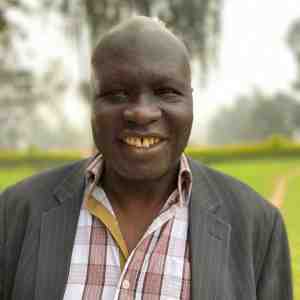
Dr. Geoffrey Anguyo- Virtual Elective Faculty
Dr. Anguyo is the Founder and Executive Director of CFHI’s local partner, a Ugandan non-profit organization that prides itself on the creation of an “Activated Community.” Dr. Anguyo has been practicing medicine for over twenty years in Uganda, working in government hospitals, private clinics and through non-profit healthcare delivery. His specialty is HIV/AIDS. Dr. Anguyo grew up in Northern Uganda. As a child, his family was displaced by political violence, fleeing to Congo DRC. These early experiences were formative, and today Dr. Anguyo remains committed to developing practical solutions to improving healthcare and livelihood in Uganda. Dr. Anguyo is currently working on his Doctorate in Public Health at Bath University in the United Kingdom.
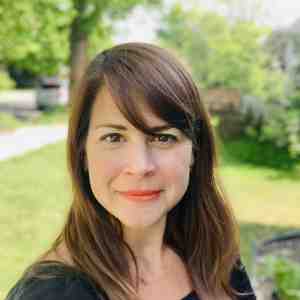
Dr. Jessica Evert- Virtual Elective Faculty
Dr. Jessica Evert straddles international education and the medical profession. She served as CFHI Executive Director from 2013-2021 and is currently CFHI’s Global Medical Director. She oversees CFHI safety and risk management, thought leadership, publications, and advocacy. She has co-authored dozens of articles and texts focused on best practices for student and faculty engagement in global health. Dr. Evert is Faculty in the Department of Family and Community Medicine at the University of California, San Francisco, where she instructs in Global Health and community-based underserved care and helped develop, as well as completed, the Global Health Clinical Scholars residency track. Dr. Evert is a graduate of the Ohio State University College of Medicine and is a longtime advocate for health-related international education quality and ethical standards. She is author and editor of multiple chapters, articles and books in global health with a focus on education, ethics, and asset-based engagement, including the seminal texts, including Global Health Experiential Education: From Theory to Practice, Developing Global Health Programming: A Guidebook for Medical and Professional Schools, 2nd Ed, Global Health Training in Graduate Medical Education, 2nd Ed and Reflection in Global Health: An Anthology. She helped develop the Forum on Education Abroad’s Standards for Health-Related Undergraduate Programs. She has served on the Consortium of Universities for Global Health’s Education Committee, as well as multiple other leadership bodies over 2 decades. Dr. Evert is a recipient of the Global Health Education Consortium’s prestigious Christopher Krogh Award for her dedication to underserved populations at home and abroad. Dr. Evert’s research and advocacy areas of focus are the ethics of global educational engagement, competency-based international education, health disparities, asset-based programmatics and reflection. Dr. Evert is a practicing physician in the Western United States focusing on hospital medicine and palliative & supportive care.
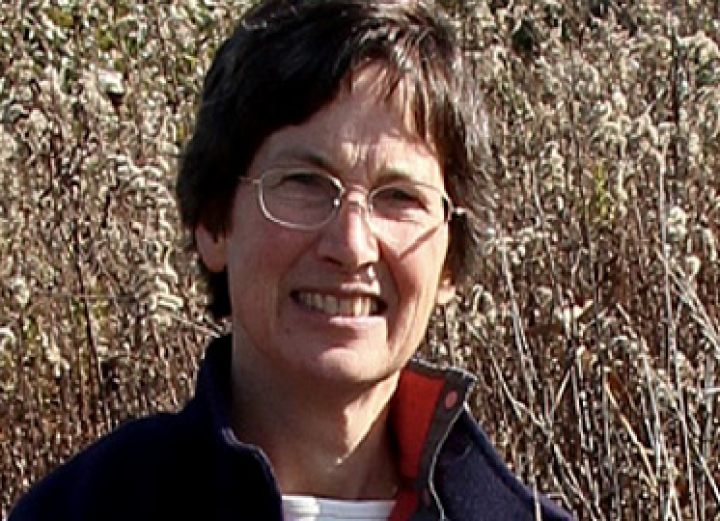
Mary White, PhD- Virtual Elective Faculty
Dr. White taught medical and public health ethics and global health for 25 years at the Boonshoft School of Medicine, Wright State University, retiring in 2020. Her global health experience includes teaching in medical schools and working with NGOs in Ethiopia and Uganda. Most of her global health publications to date address global health education and research ethics. She has participated in this virtual elective with CFHI since 2021. Ongoing interests include global palliative care, global health humanities and global health education.
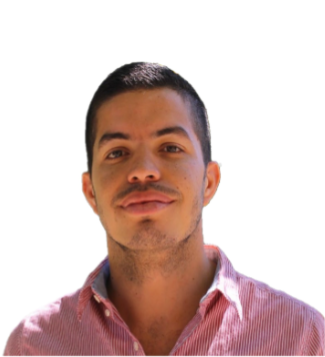
Carlos A. Faerron Guzman, MD - Virtual Elective Faculty
Dr. Carlos A. Faerron Guzmán is a global health professional passionate about education and committed to health equity, addressing complexity, and emphasizing values in shaping a better world. As an educator, he fosters an environment of collaborative learning and knowledge exchange that empowers communities and individuals. He serves as an Associate Professor at the University of Maryland Baltimore Graduate School, Director of the InterAmerican Center for Global Health in Costa Rica, and Senior Advisor of the Planetary Health Alliance at Johns Hopkins University. Dr. Faerron also holds adjunct positions at Northwestern University and Universitat Oberta de Catalunya.
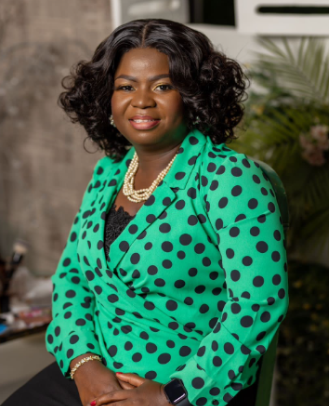
Sheila Agyeiwaa Owusu (BSc, MBChB, MGCPS, MPH) -Invited Faculty
London School of Hygiene and Tropical Medicine, University for Development Studies, Tamale, Ghana
She is a Pediatrician and Lecturer in the Department of Pediatrics and Child Health and Tamale Teaching Hospital, and the University for Development Studies, (UDS) Ghana. She has about 10 years of professional experience as a medical doctor who has worked in the northern part of Ghana most of these years.
She had medical education training at the University for Development Studies, Tamale. She completed her horsemanship and worked as a medical officer for 3 years at Tamale Teaching Hospital before completing her membership in Pediatrics with the Ghana College of Physicians and Surgeons in Kumasi, Ghana. She also had an MPH at the GIMPA in Ghana.
She is a part-time PhD student in Infectious and Tropical Diseases at the London School of Hygiene and Tropical Medicine.
Her main research areas include Pediatric Infectious diseases, adolescent health, and climate impact on health. Currently, she serves as the vice president of the World Medical Women Association, Special Interest Group for Adolescent Health, the student liaison officer for the TB center at LSHTM, and associate editor for RSTMH International Health.

Leah Ratner, MD- Invited Faculty
Leah Ratner MD MS DTM&H is an Internal Medicine and Pediatrics trained physician who focuses on care of the adolescent and young adult aging into adulthood with pediatric onset or rare disease. She is very passionate about care equity and rights-based system design, especially for diseases such as Cystic Fibrosis and HIV. She has been learning and growing from and with her team in Ghana for over 15 years and looks forward to many more. She currently lives in DC but continues to work with the Division of Global Health Equity at Brigham and Women’s Hospital.
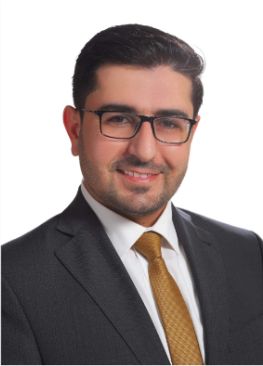
Hamza Al Duraidi- Invited Faculty
Dr. Hamza Alduraidi is the Vice Dean for Academic and Administrative Affairs at the University of Jordan, School of Nursing.
Dr. Alduraidi specializes in public/community health nursing. After graduating with Baccalaureate in Nursing from the University of Jordan in 2008, Dr. Alduraidi earned a Master’s degree in Public Health from the School of Medicine in the same University. After that, Dr. Alduraidi was granted a scholarship to University of California, San Francisco in the United States, where he earned a second Master’s degree in Advanced Practice Public Health Nursing in 2013, and a PhD in Public Health Nursing in 2016.
Dr. Alduraidi’s main research interest is health disparities among vulnerable groups; particularly, the health of refugees and displaced persons in Jordan and the Middle East. Dr. Alduraidi has about 30 published articles in peer-reviewed journals since 2017.
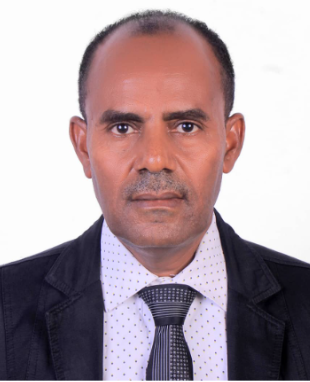
Dr. Tesfay Gebregzeabher Gebrehiwet, PhD- Invited Faculty
Research Interest:
Primary health care, women’s health, maternal and child health, community engagement, infectious diseases, HIV, TB, non-communicable diseases, conflict and health, and health systems leadership.
Biography
Dr. Tesfay is an Associate Professor of public health at Mekelle University, Tigray Northern Ethiopia. He is also a joint staff in Tigray Health Research Institute. He obtained his PhD in Medical Sciences with an orientation to Public Health (2015) and Master in Public Health (2003) from Umea University, Sweden. He has a nursing background from Eritrea. He has also considerable experience in design, conduct, analysis and write up of both quantitative and qualitative research approaches. He served as Dean for School of public health (2016-2018). Dr. Tesfay published more than 45 articles in International peer reviewed journals. He worked as a project director of the Mekelle University project funded by CDC/PEPFAR for 8 years (April 2010 to September 2018).
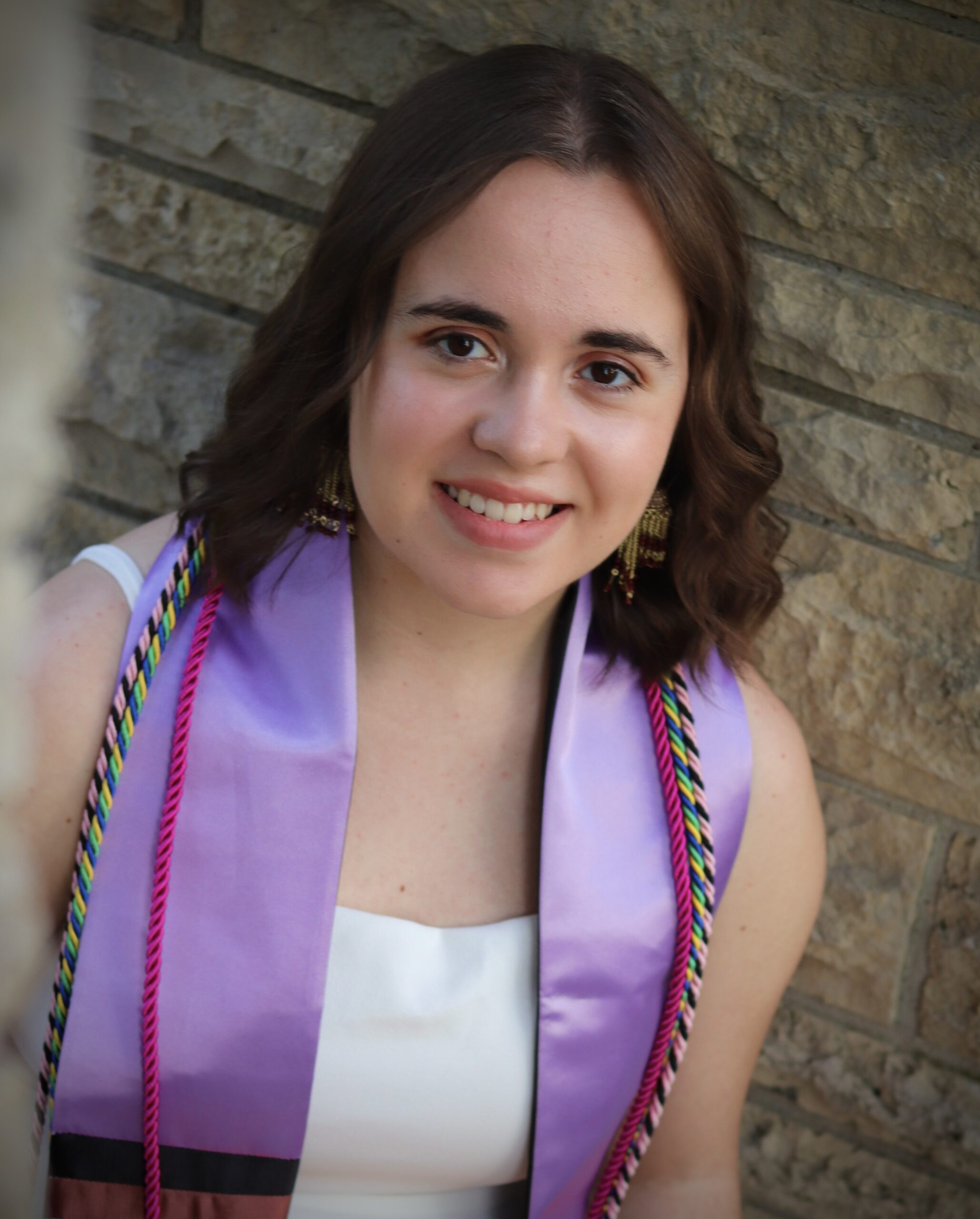
Sarah Olson- Programs Assistant
Sarah is a second year Global Health Epidemiology MPH student at the University of Michigan. Her global health interests include increasing access to health care resources, maternal and child health, and infectious disease. She supports the CFHI Global Health Virtual Elective in various ways including orientation, holding office hours, reviewing student assignments and e-portfolios, organizing the seminars, and more.
As an alumni of CFHI Dehradun & Rural Himalayas and part of the CFHI Programs Team, Sarah strives to continue working in public health outreach and make global health resources accessible to all.
How to Apply
Create profile
Submit application
Hear back from CFHI team to schedule a short interview
Attend the program’s orientation
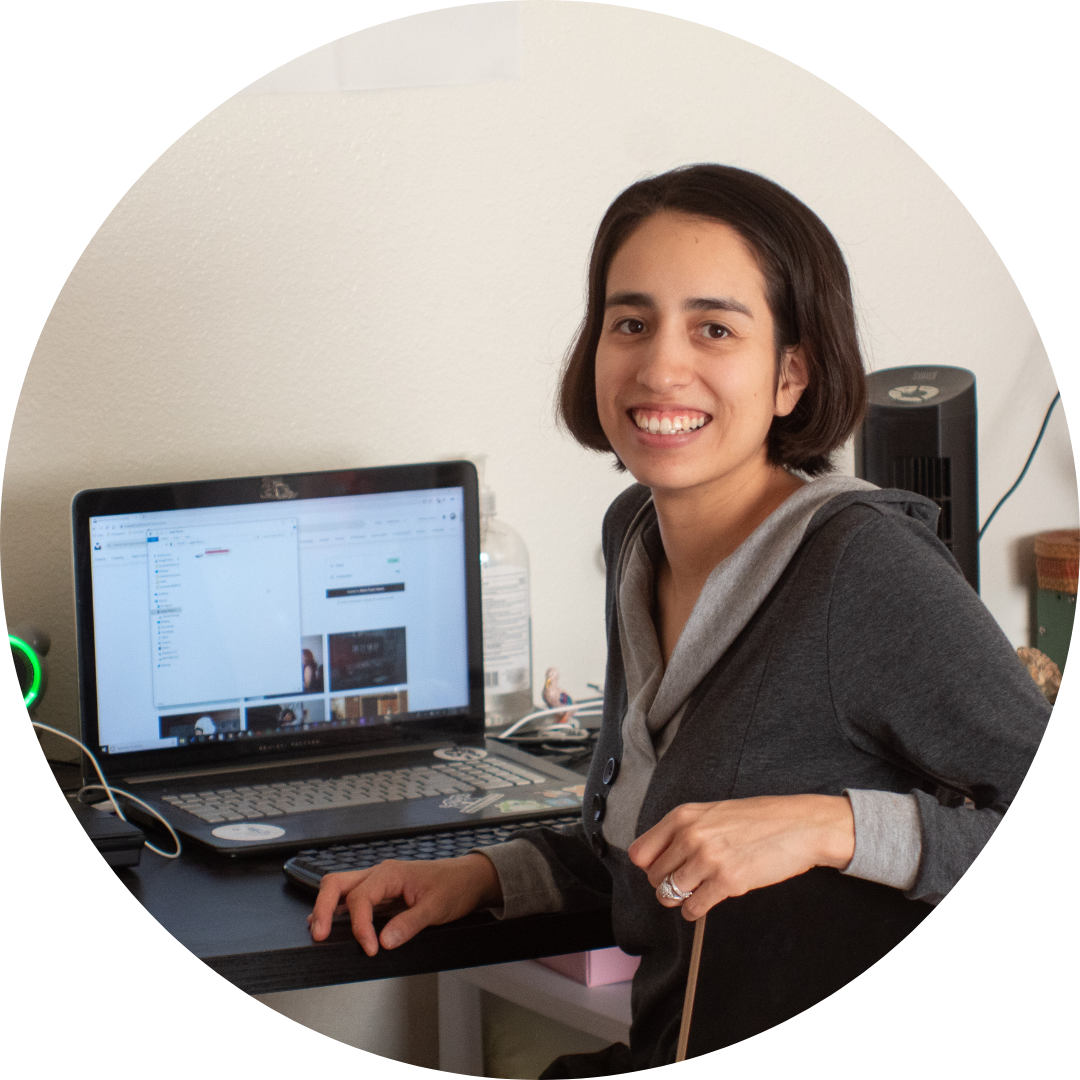
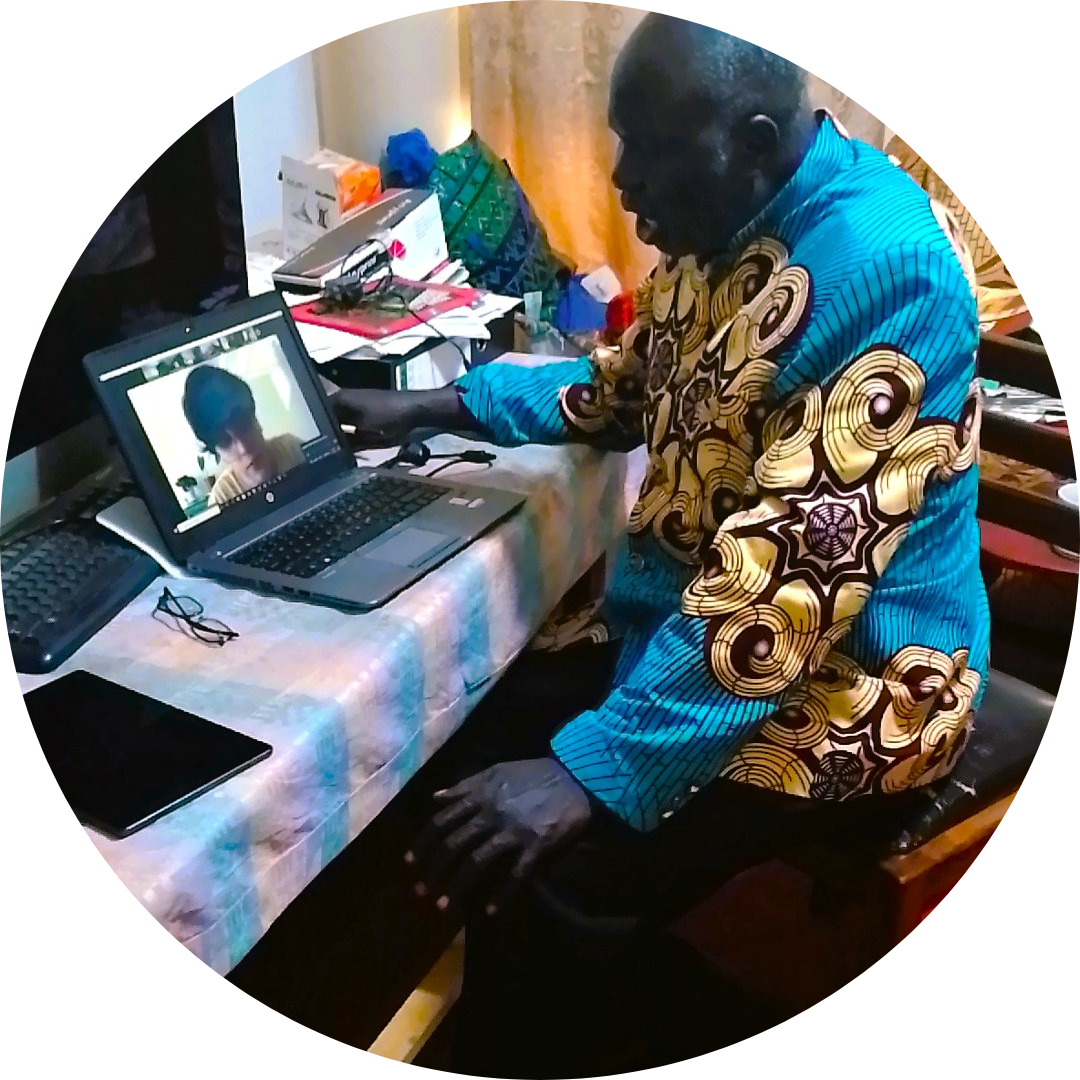

Let The World Change You
